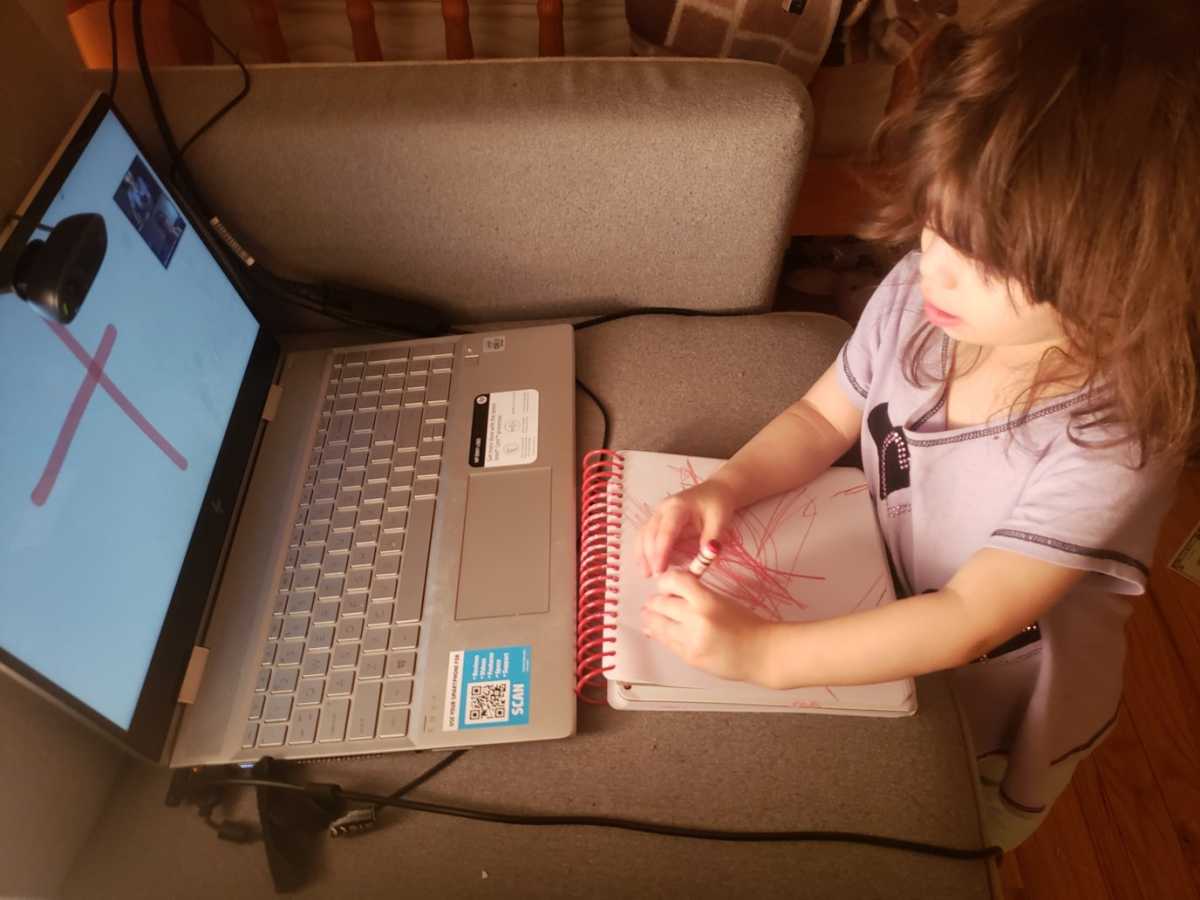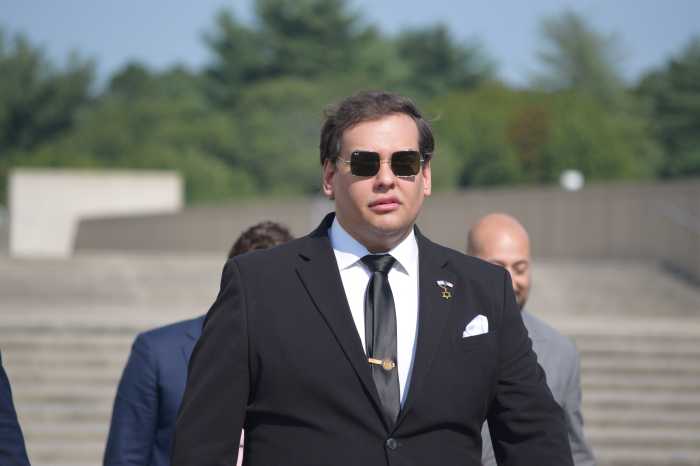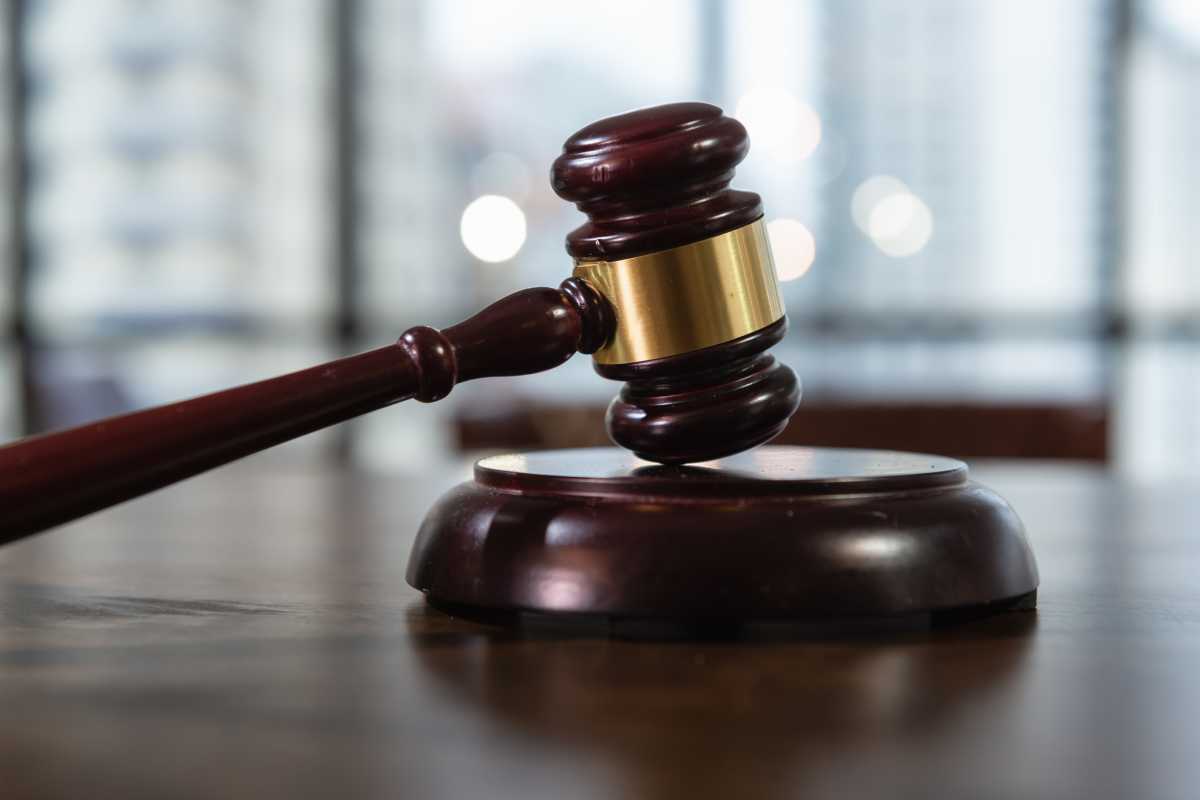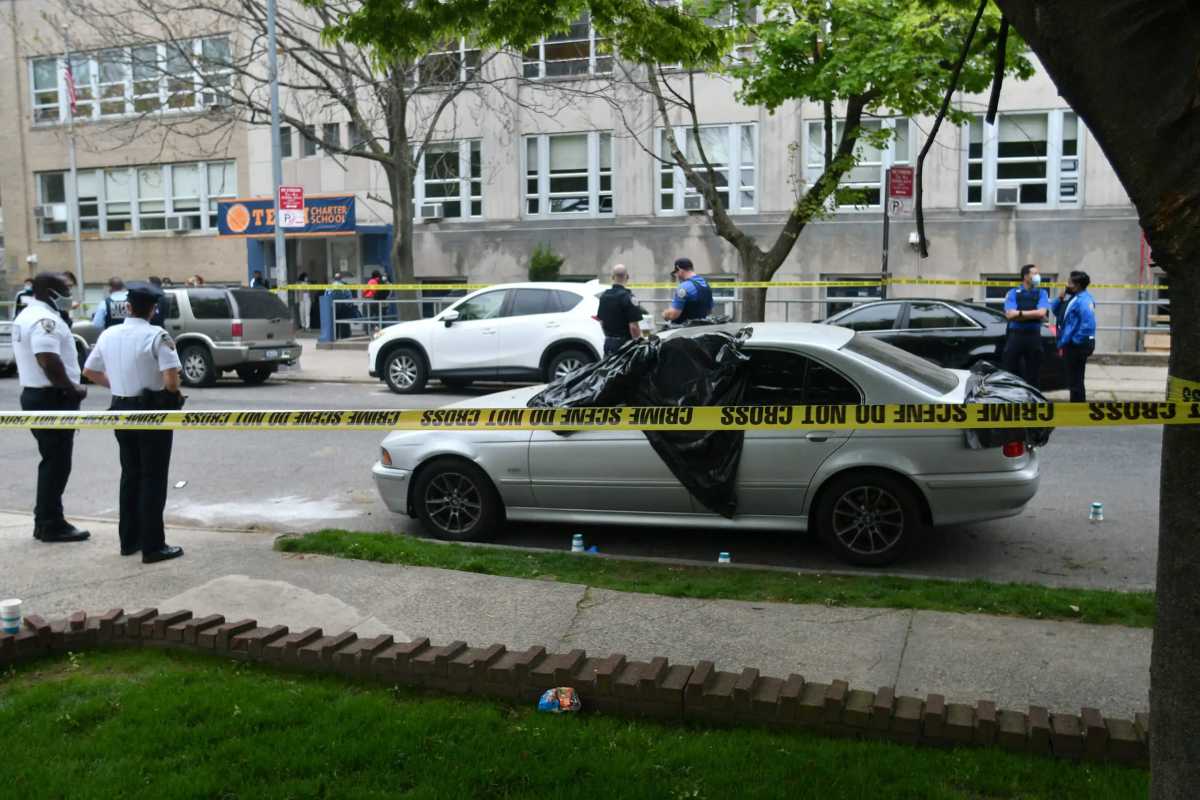Three parents of public school students with special education needs have sued the New York City Department of Education and Schools Chancellor David Banks alleging that the DOE failed to provide special education evaluations to students with disabilities in a timely manner.
The lawsuit alleges that thousands of students with disabilities in New York City continue to face long delays in receiving special education evaluations. In one case cited in the complaint, a student faced a delay of seven months — almost the length of an entire school year. These evaluations determine eligibility for special education services such as supportive technology devices, transportation, behavior support, and testing accommodations.
These evaluations are essential to a special education student’s individualized education program (IEP). Students with disabilities who are eligible for special education services are to be evaluated by either the DOE or by independent contractors paid for by the DOE.
The DOE must complete all evaluations within 60 days of receiving consent for the evaluation, according to the DOE website. These delays have violated that deadline requirement, as well as the students’ rights to a free and appropriate public education under state and federal law, according to the lawsuit.
Due to the delays, the students’ families allege that this is “exacerbating their [children’s] underlying disabilities and hindering their educational progress.”
More than 64% of bilingual special education students in New York City did not fully receive their program services for the 2021-22 school year, according to the DOE’s special education report.
Advocates for Children of New York, a nonprofit that supports at-risk children, noted that many of the districts that failed to comply with required services were districts where asylum-seeking children and families are housed, such as District 2 in Chelsea, Manhattan, and District 28 in Jamaica, Queens.
Simpson Thacher & Bartlett LLP and the legal advocacy nonprofit Mobilization for Justice are representing the families. The attorneys filed the lawsuit in the U.S. District Court for the Southern District of New York on Monday.
Michael J. Osnato, a partner at Simpson Thacher, emphasized in a statement that the DOE’s delays in providing evaluations have caused significant harm to many special education students.
“The NYCDOE’s failure to provide timely special education evaluations deprives hundreds of special education students in New York City of their right to obtain a quality education,” Osnato said.
Around 30% of all preschoolers in New York City have not received at least one of their legally mandated services for an entire school year, according to Rita Joseph, who chairs the City Council’s Education Committee, at the education budget hearing in late March. Numerous preschoolers with disabilities are still waiting for services to begin and “many children haven’t even been evaluated for services due to a shortage of preschool special education evaluators,” Joseph said.
According to the complaint, students with special education needs have faced delays in receiving their evaluations since at least 2018. As a consequence, the delays “cause irreparable harm” when there is an inappropriate classification of students with disabilities or if students are placed in classrooms and programs that do not suit their special education needs. This could then “undercut their educational and developmental progress,” the complaint states.
The DOE is also responsible for providing responses to families who file requests for evaluations provided by contractors.
The lawsuit alleges that the DOE has also delayed responding to those requests and failed to pay independent evaluators who provide evaluations for special education students in a timely manner. Some contractors waited for more than six months to be paid by the DOE for their services, according to the lawsuit. These contractors provide services such as neuropsychological evaluations, speech-language evaluations, and occupational therapy evaluations.
The payment delays have consequently led to fewer contractors willing to work with the DOE to provide IEEs-related services. One neuropsychologist who is mentioned in the complaint states that the DOE had at one point owed her more than $50,000 for past IEEs she provided. It took up to a year for the invoices to be fully paid. The contractor had expressed doubt about “whether she can continue to serve low-income students with disabilities from NYCDOE schools.”
Andrew Gerst, a staff attorney at Mobilization for Justice, said thousands of low-income families of color across New York City depend on the DOE to provide these special education services in a timely manner.
The complaint states that the delayed contractor payments has had a “disproportionately harmful impact on low-income students of color.” More than 51% of New York City public students eligible for special education come from low-income backgrounds. All three of the students in the complaint are students of color from Manhattan, Queens, and The Bronx.
“When this system breaks down because of rampant delays, students with disabilities are the ones who suffer,” Gerst said.
Delays in special education evaluations and services have long been an issue. During the 2018-19 school year, 84% of students fully received their special education services, such as technology, transportation, and testing accommodations, which means thousands of other students went without their special education services, amNewYork Metro previously reported. There was also a 26% drop in the amount students referred for special education.
The families have several demands. They are calling on the DOE to immediately comply with the New York State education law that guarantees students with disabilities are provided with referrals and evaluations for special education services. They also want the DOE to come up with a plan that details the policies and procedures, including milestones and target dates, to meet the requirements of the law; for the DOE to complete monthly compliance reports; and for the appointment of an independent monitor to oversee DOE’s compliance.
Read more: Sara Roosevelt Park Decline After Murder




































